15 January 2025
Let’s face it—rental inspections can feel like a landlord-approved version of judgment day. You know, the kind of day where someone scrutinizes every nook and cranny of your space, leaving you wondering if they’ll spot that tiny coffee stain hidden under your area rug. But don’t sweat it! Handling rental inspections doesn’t have to feel like trying to fit an elephant into a shoebox. With a little prep and the right mindset, you’ll be flexing your tenant muscles like a boss.
In this guide, we’re going to spill the beans on how to handle rental inspections like a pro. Whether you're a first-time tenant or a seasoned renter, these tips will have you breezing through the process while keeping your sanity—and your security deposit—intact.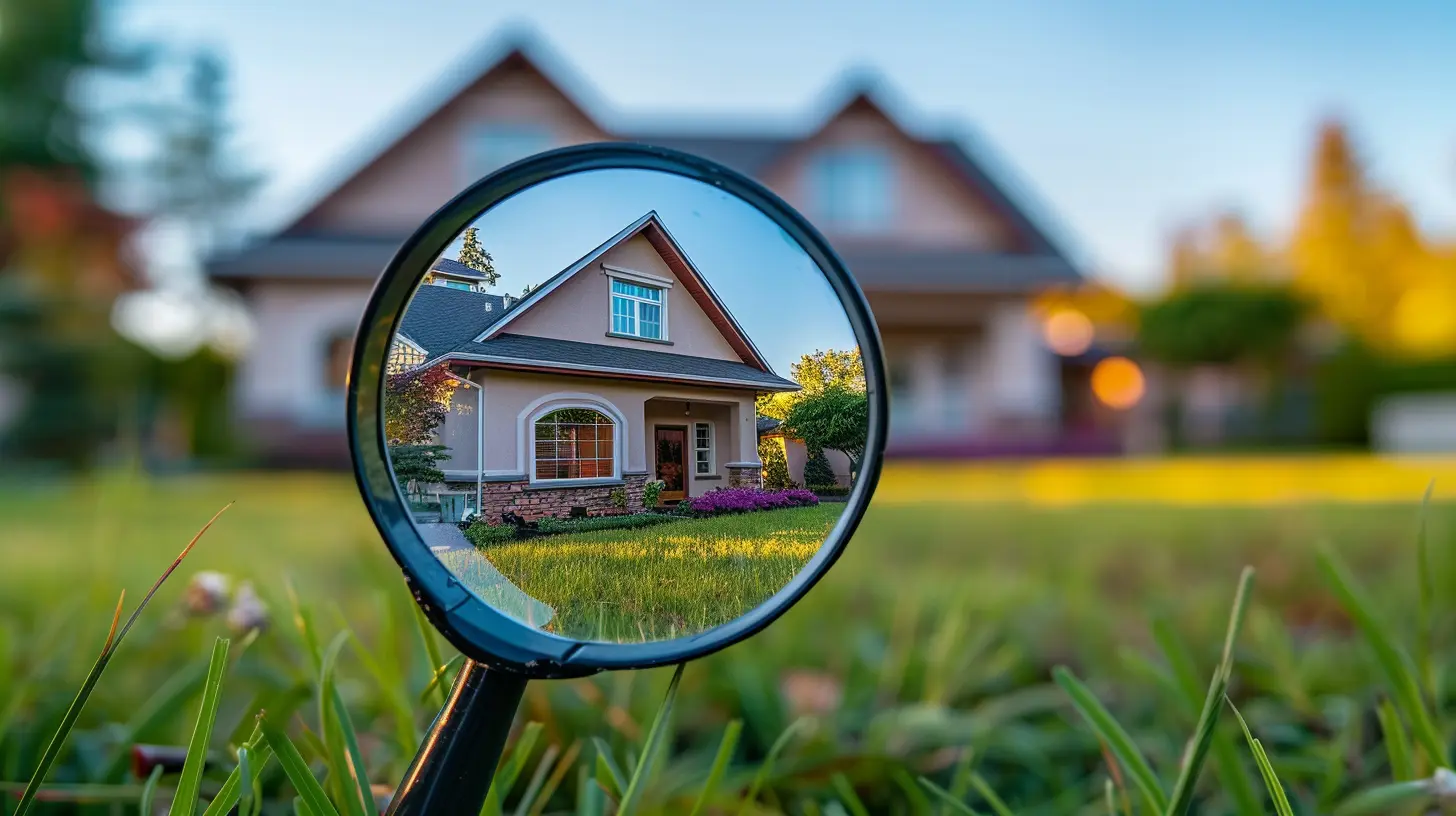
What Exactly is a Rental Inspection?
Before we dive into the juicy details, you might be asking, "What even is a rental inspection?" Great question! A rental inspection is when your landlord or property manager comes to check on the property you’re renting. Think of it as their way of ensuring their investment (aka, your cozy abode) is in good shape.Inspections can happen at regular intervals (like quarterly or annually) or at the end of your lease. Their main purpose? To document any damage, ensure the place is being maintained, and address any repairs or maintenance issues. It's not personal, folks; it's business.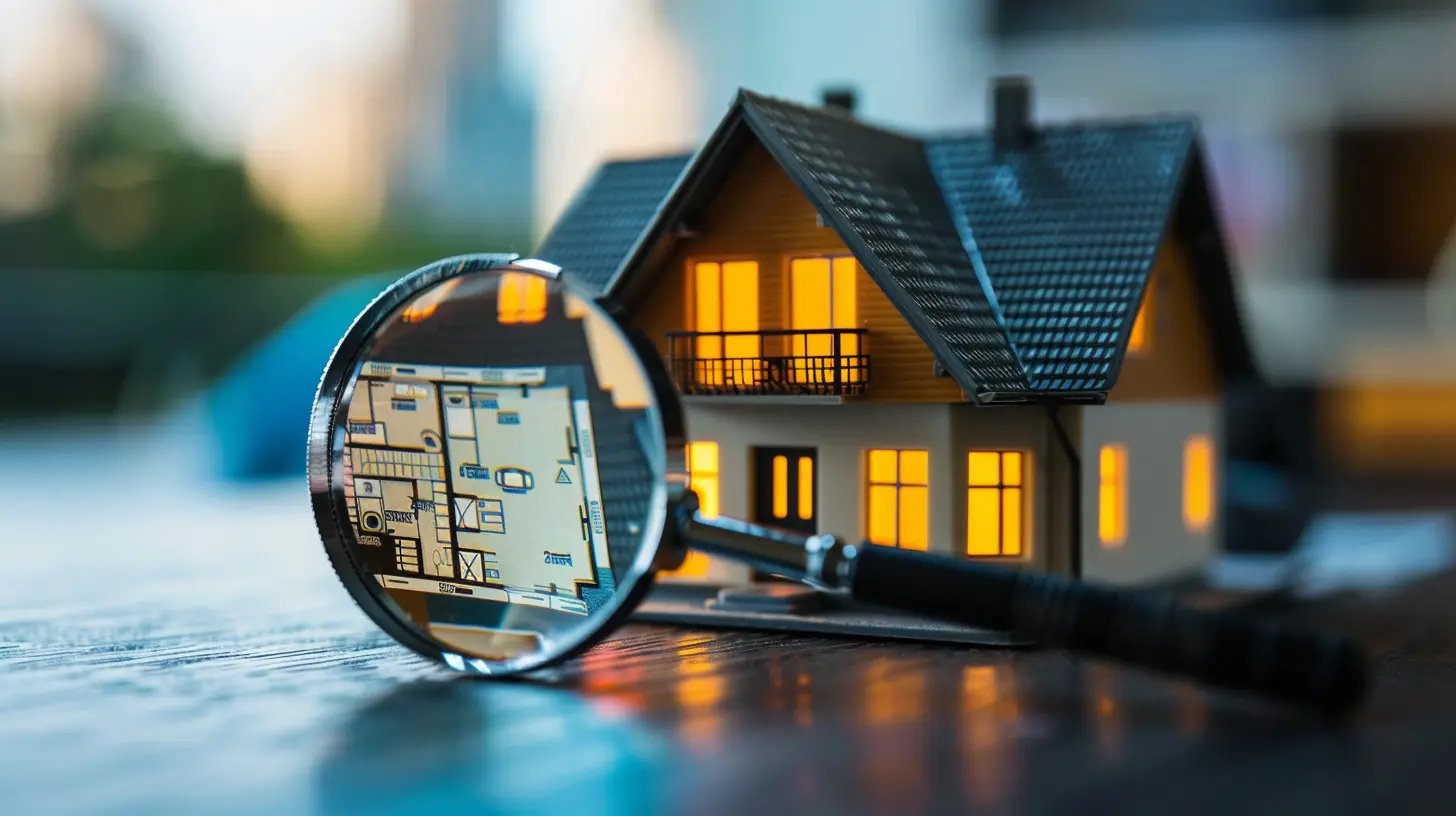
Why Should You Care About Rental Inspections?
Okay, real talk: rental inspections aren’t just about impressing your landlord. They serve a bigger purpose. Here’s why you should care:1. Protect Your Security Deposit: Nobody wants to kiss that chunk of cash goodbye! Keeping the property in tip-top shape during inspections helps ensure you’ll get your deposit back.
2. Build Good Tenant Landlord Relations: A smooth inspection process shows your landlord you’re a responsible tenant—and that can come in handy for future reference checks or lease renewals.
3. Spot Maintenance Issues Early: Inspections give you a chance to highlight problems that need fixing, so you’re not dealing with a leaky faucet or a broken heater in the dead of winter.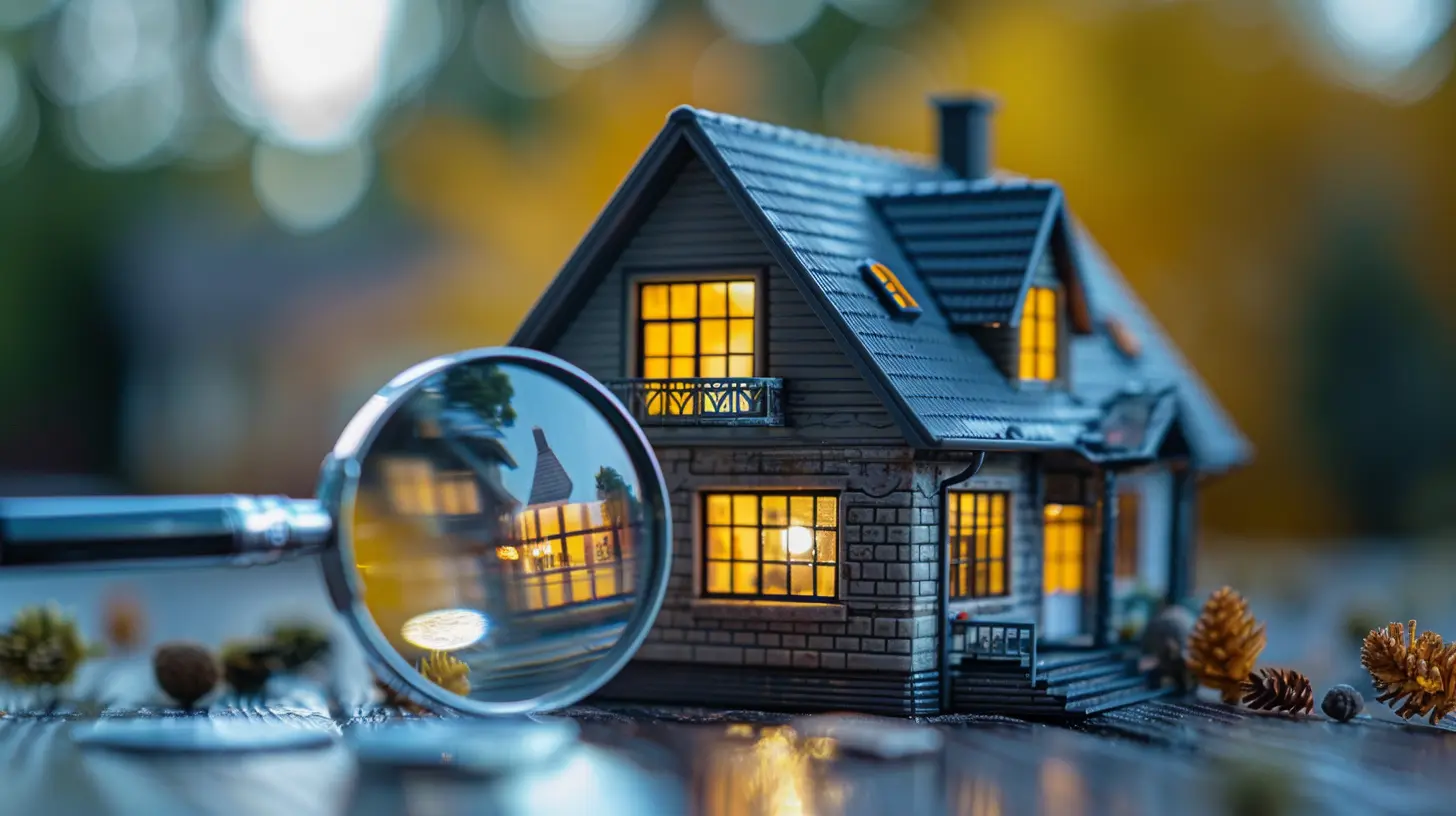
Preparing for a Rental Inspection (Without Losing Your Mind)
Let's cut to the chase: preparation is the magic wand that’ll make rental inspections way less stressful. Here’s how you can prep like a seasoned pro:1. Know the Rules of the Game
First things first, read your lease agreement. This is your rental Bible. It’ll outline when inspections can happen, how much notice your landlord has to give you, and what they’ll be looking at. Most laws require landlords to give you at least 24 to 48 hours' notice, but this can vary depending on where you live.If your landlord shows up unannounced or starts snooping through your personal belongings, you have the right to say, "Not today, Karen!" Respect is a two-way street.
2. Declutter Like You’re Marie Kondo
Rental inspections are not the time for that pile of laundry on the couch or the stack of Amazon boxes by the door. Go full-on declutter mode! Channel your inner Marie Kondo and tidy up. If something doesn’t spark joy—and by joy, I mean it’ll make your place look better—find a home for it or toss it.3. Clean Like Your Deposit Depends on It (Because It Does)
Look, I’m not saying you need to break out the toothbrush and start scrubbing grout, but a deep clean goes a long way. Here’s your handy cleaning checklist:- Floors: Vacuum, sweep, or mop—don’t let dust bunnies run wild.
- Bathroom: Scrub the toilet, sink, and shower. Bonus points for sparkling mirrors.
- Kitchen: Wipe down countertops, clean the sink, and make sure appliances are spotless.
- Windows: Let that natural light shine through by cleaning smudges and dirt.
- Walls: Check for scuffs and marks. Magic erasers work wonders here.
Remember: you don’t need a Pinterest-perfect home, just one that screams, “I care.”
4. Fix Minor Issues Yourself
Got a squeaky door or a stuck window? If it’s a quick and easy fix, handle it yourself. Small repairs show your landlord that you’re proactive and responsible. However, don’t go putting on a handyman hat for major repairs—anything complex should be brought to your landlord’s attention.5. Address Damage Honestly
Hiding damage is like slapping a Band-Aid on a cracked dam. It’s only going to delay the inevitable. Be upfront about any wear and tear. If you’ve accidentally put a dent in the wall during your last furniture shuffle, let your landlord know before they spot it themselves. Transparency can go a long way in diffusing tension.6. Prepare a Maintenance Wishlist
Inspections are a two-way street. Don't wait for your landlord to ask if everything's okay—be ready with a list of maintenance requests. Whether it’s a leaky faucet or a broken AC, this is your time to shine a light on those “oops-it’s-broken” moments they need to fix.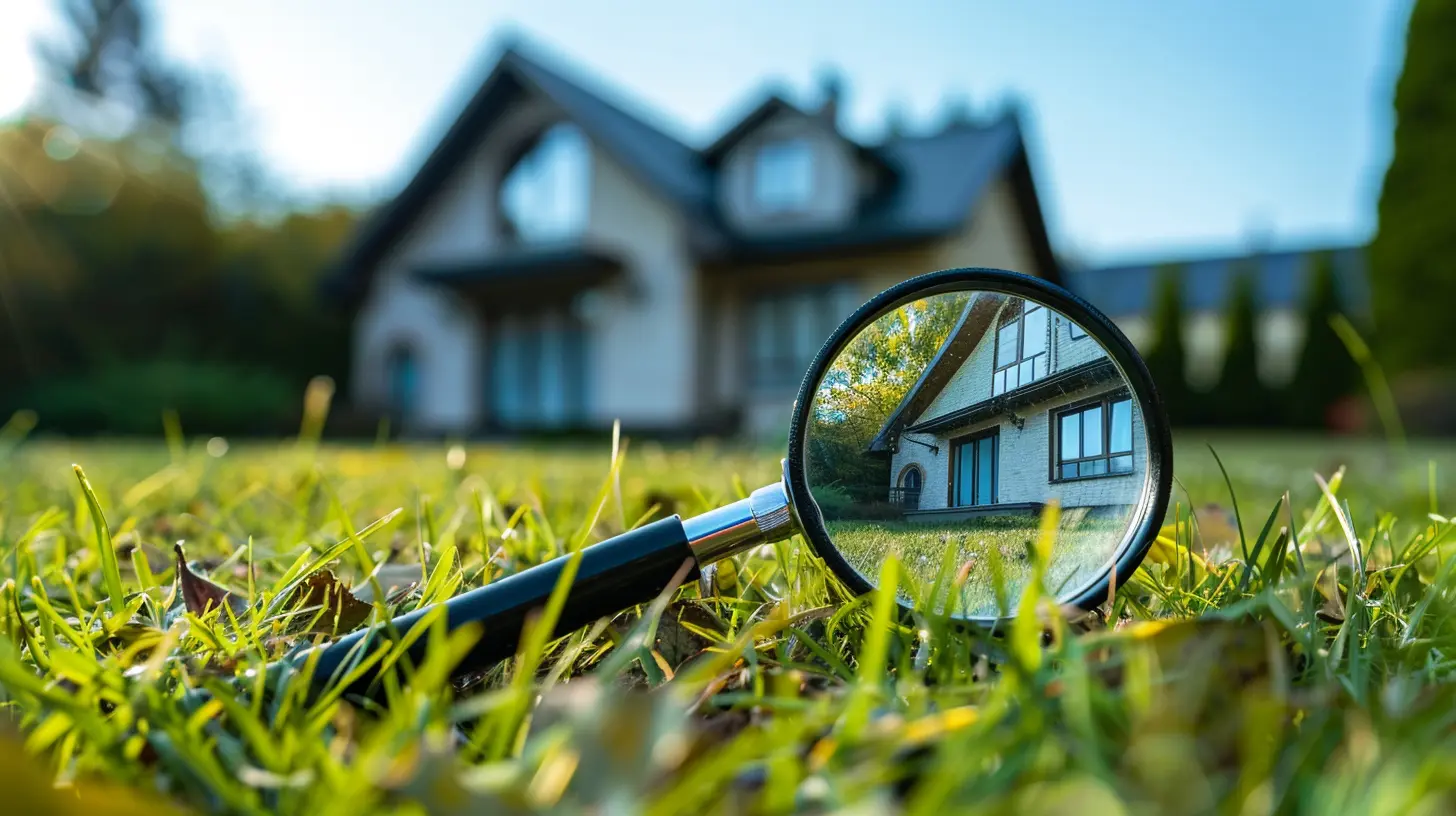
What Landlords Typically Look For During Inspections
Want to know what’s on your landlord’s radar? Here’s a quick checklist of standard things landlords usually check:- Damage to Walls or Floors: Chips, stains, or scratches that go beyond normal wear and tear.
- Appliances: Are the stove, fridge, washer, and dryer working as expected?
- Bathroom & Kitchen: Plumbing leaks, mold, or broken fixtures.
- Pest Problems: No landlord wants to deal with creepy-crawly roommates.
- Outdoor Areas: If you have a yard or patio, is it being maintained?
Think of the inspection as an adult version of “spot the difference.” The landlord is comparing the current state of the property to how it looked when you moved in.
What to Do During the Rental Inspection
When the big day arrives, the key is to stay calm and collected—like a cucumber in a spa. Here are some tips to ace the inspection:1. Be Present but Not Overbearing
While it’s not mandatory, being home during the inspection can be a good idea. It shows your landlord you’re involved, and you can answer any questions on the spot. But don’t hover! Nobody likes being micromanaged.2. Take Your Own Notes
Think of yourself as a detective with an eye for detail. Take photos or jot down notes about anything your landlord mentions. If they spot damages you don’t agree with, this can serve as evidence to defend your case.3. Stay Polite but Firm
If your landlord brings up unreasonable demands or claims, don’t panic. Politely remind them of your rights as a tenant and refer to your lease agreement if needed. Respect goes both ways.After the Inspection: What’s Next?
Once the inspection is over, pat yourself on the back—you did it! But wait, the job’s not done yet. Here’s what to do post-inspection:1. Follow Up in Writing
If any repairs were agreed upon during the inspection, follow up with an email to confirm the details. This creates a paper trail and ensures everyone is on the same page.2. Fix What You Can
If the inspection highlighted minor issues on your end, like scuffed walls or carpet stains, tackle them right away. The quicker you address them, the better.3. Plan for the Future
Use the feedback from the inspection to set yourself up for success next time. Maybe it’s time to invest in coasters to avoid those annoying water rings on the coffee table, or perhaps you need a better cleaning routine. Whatever it is, learn from the experience.Pro Tips for Long-Term Tenant Success
Want to truly master the art of handling rental inspections? Keep these long-term tips in mind:- Document Everything: When you move in, snap photos of every inch of the property. This protects you from being blamed for pre-existing damage.
- Communicate Early: Don’t wait until the inspection to bring up issues or repairs. Consistent communication builds trust.
- Treat It Like Your Own Home: The golden rule of renting: take care of the property as if you owned it. It’ll make inspections a breeze.











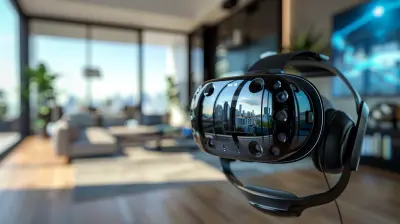
Regina McCollum
Effective rental inspections are crucial for landlords to maintain property value and tenant satisfaction. Preparing thoroughly, communicating expectations clearly, and documenting findings can enhance the process, ensuring compliance and fostering positive landlord-tenant relationships for future success.
April 2, 2025 at 8:27 PM